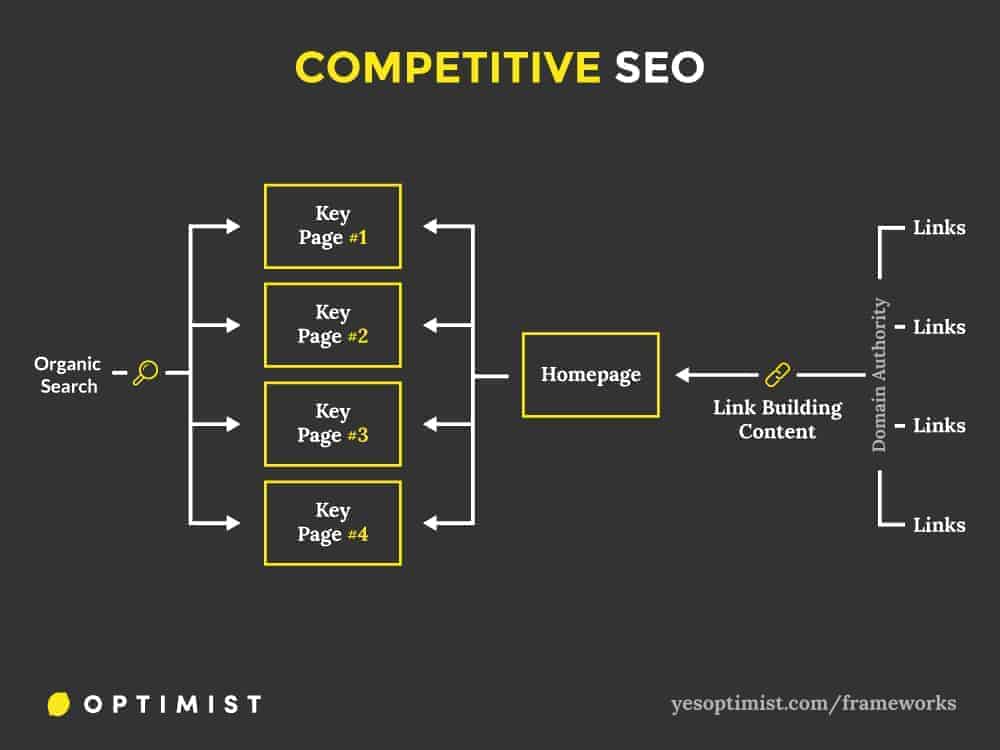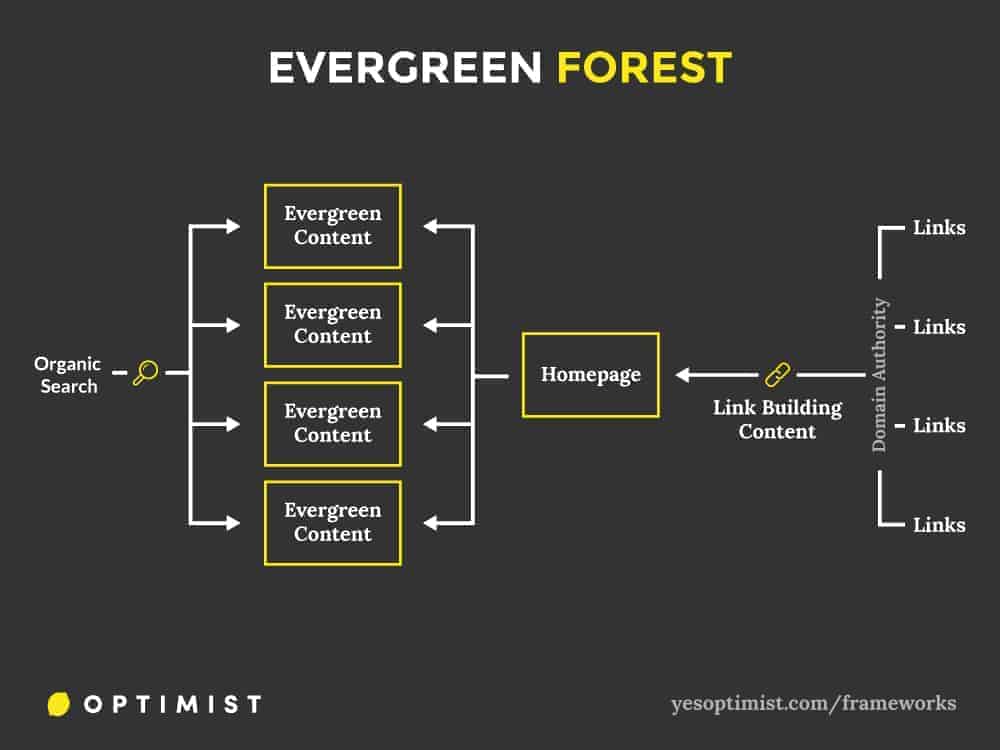If you’re a startup, you probably already know that one of the best marketing channels you can master is search.
With the right SEO for your startup, you can bring in hundreds or even thousands of targeted visitors looking for your product or service every day and without spending money each time they click on your website.
In other words, it’s a gold mine.
But, it can be difficult. SEO is not as easy as running ads or other marketing methods where you can just throw money at the problem and expect things to happen.
Many startups take a scattershot approach or try shady “hacks” for boosting their search visibility. But that’s not the way to go about it. SEO comes largely as a result of a great marketing strategy that includes SEO and generally doesn’t work as a standalone tactic.
Let me explain why.
Build it and they will come
SEO is one of the few times where the idea of “build it and they will come” is actually true (kind of).
That’s not to say that it’s simple or that you don’t have to invest in building links, promoting content, and all of the other rigamarole that it takes to be successful. (Just publishing content isn’t enough.)
But, at the end of the day, SEO is about building a brand.
If you invest in building a reputable brand for your business and adhere to some of the fundamentals of sound SEO (technical and on-site optimization, etc) then you’ll likely find success.
Think about it. Here’s what Google looks for:
- Relevant content (to rank for “bananas,” your site needs content about bananas)
- Links back to website (popularity among other websites)
- Social signals (shares and traffic indicate that people like and trust you)
- Click-through rate and time on site (good/relevant content is rewarded)
So, basically, in order to win at SEO your website needs to be relevant, well known, and then deliver on the goods. It’s really not rocket science.
Of course, there are a lot of other nuances that can go into SEO. But if we think about it in this simplified way, then we are guaranteed to keep Google happy (not get penalties) and generate long-term value both through search engines and other channels.
Content and SEO work together
So that long intro was all to make a point: Startups should be focused mostly on content marketing as a key strategy for driving SEO success.
This is true because content marketing can help startups in two keys ways.
It helps them build authority and reputation in the marketplace and it also helps them expand their footprint (search visibility) into relevant keywords outside of the main set of keywords that describe their product or service.
Let’s unpack each one.
Building SEO authority through content
The first–and most obvious–way that content marketing bolsters SEO for startups is by helping them rank for their primary, target keywords.
Most people know that building links and authority for their website is one of the core components of successful SEO. But most people don’t really have any idea how to build links and authority effectively.
If your website is a one-page SaaS app, then your options for getting links can be pretty limited.
There are, of course, ways to build links to your homepage that will help boost your site’s SEO. Those include things like reviews, press coverage, and being included in round-ups.
But, if you are producing interesting and engaging content, then that content can be used as a way to attract links to your website. Over time, those links add to your site’s domain authority and help you rank higher for all of your target keywords.

This is the key component of any SEO strategy within a competitive niche. It takes authority–links, social signals, etc–in order to increase Google rankings and traffic.
That’s not the only way content can help a startup grow their organic traffic, though.
It’s also useful for building a pipeline of potential buyers.
Expanding SEO footprint with content
Looking beyond just a small set of core keywords that are relevant to your product, most businesses have a huge range of keywords that relevant to their audience. And this where content marketing can really help you grow your business through SEO.
By creating targeted content that’s relevant to your audience, you can reach them at different stages in the buying cycle.
For example, if you sell a CRM product, you probably want to show up as high as possible whenever someone searches for “CRM system.”
This is obvious because a prospect who is looking for a CRM system is likely to Google it to find relevant products. That’s pretty straightforward. But before they have narrowed it down, they may be looking for information on related topics that indicate they’re in the market for a CRM.
In this case, perhaps your potential buyer is looking for tips on a “CRM strategy” or “managing sales pipeline.” Both of these cases are relevant, upper-funnel keywords that are relevant to your audience and indicate that someone may be looking to purchase a CRM solution in the near future.
You can create content that targets these additional keywords to expand your reach and capture traffic at different stages of the funnel. We call this “evergreen” content and it focuses on using search and links (domain and page authority) to boost visibility and bring in targeted search traffic.

Once those people visit your site, you can nurture them through the funnel and move them toward a decision and purchase.
This is how you build a pipeline of prospects for your product or service–people who are likely to purchase but may not be ready quite yet.
Altogether, this approach allows you to both boost the visibility of your homepage and your key product pages while also casting a wider net to bring in relevant traffic to your site.
And over time, you can see how an investment in content and SEO helps you build your brand, create value, and drive growth for your business. This isn’t by accident. Google wants to reward websites that are relevant, popular, and trustworthy. And they use measures of your overall brand visibility to try to determine which sites best meet those criteria.
When it comes to building a startup, you need both of these elements to create a sustainable growth strategy.
For more on how content marketing can be used for different types of businesses, check out The 7 Fundamental Content Marketing Frameworks.
Get more kick-ass content from us
Subscribe to our email list and get regular updates.
No spam or BS. Just great, insightful articles.